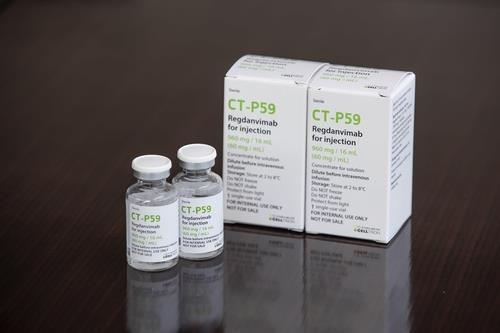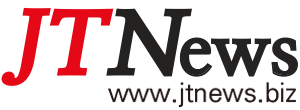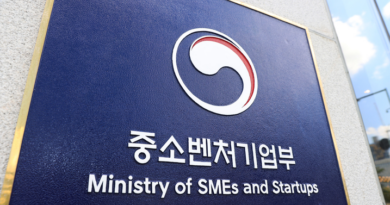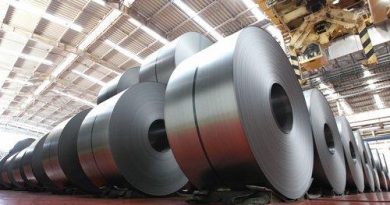S. Korea speeds up approval process of COVID-19 vaccines, treatments
South Korea’s drug safety agency has stepped up efforts to speed up the approval process for COVID-19 vaccines and treatments amid a third wave of coronavirus outbreaks.
According to the Ministry of Food and Drug Safety on Tuesday, it will hold a meeting on Friday to give final approval for Celltrion Inc.’s COVID-19 treatment.
Celltrion has submitted an application for conditional marketing authorization of CT-P59, an anti-COVID-19 monoclonal antibody treatment candidate, to the ministry.
If approved, it would mark the nation’s first homegrown COVID-19 treatment.
Celltrion announced top-line results from its randomized and placebo controlled global phase-two clinical study, saying CT-P59 reduces recovery time and the chance of a severe case.

This file image, provided by South Korea’s pharmaceutical firm Celltrion Inc. on Dec. 29, 2020, shows the company’s anti-COVID-19 monoclonal antibody treatment. (PHOTO NOT FOR SALE) (Yonhap)hide caption
The result demonstrated that the treatment significantly reduced the risk of COVID-19-related hospitalization and oxygenation.
Also on Thursday, a panel of medical experts will hold a second meeting on a COVID-19 vaccine developed by AstraZeneca.
The panel has said the AstraZeneca vaccine’s efficacy is similar among people aged between 18 and 64 and those aged 65 and older, citing that no serious side effects were found in either group.
South Korea plans to begin a COVID-19 vaccination campaign this month, with front-line medical workers receiving the first shots.
The Korea Disease Control and Prevention Agency has announced that medical professionals treating COVID-19 patients at hospitals and treatment centers in the wider Seoul area will receive their first doses of the vaccines in February.
The authorities estimated around 50,000 medical workers will be vaccinated, followed by another 780,000 people that include patients at sanatoriums and elderly care facilities, as well as high-risk health care workers, during the first quarter.








